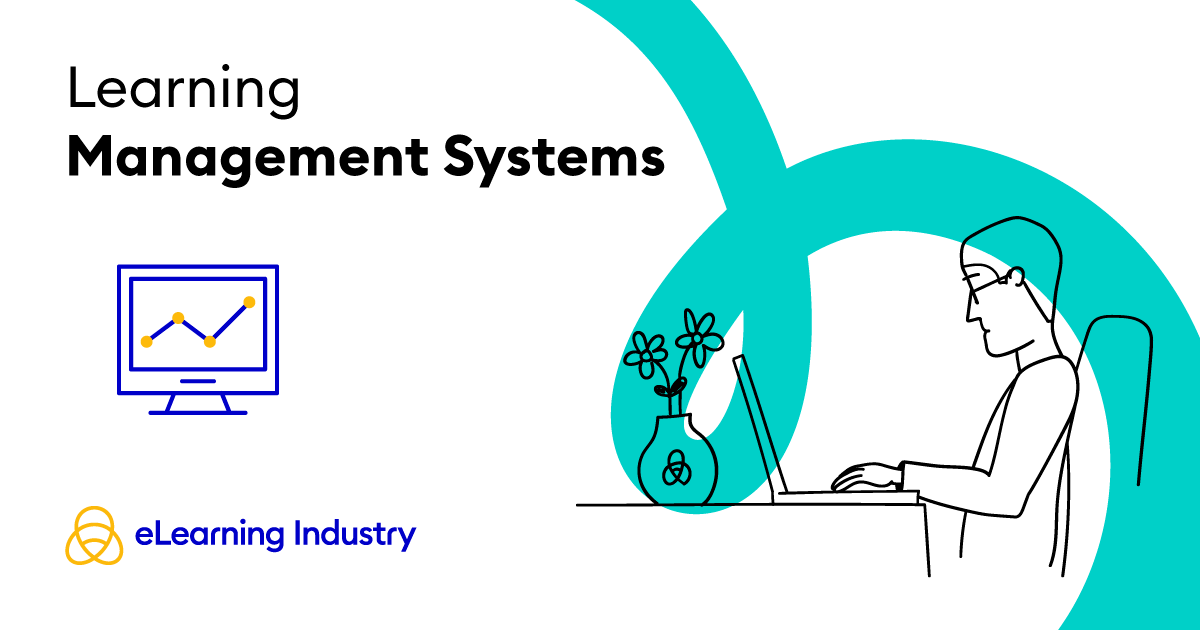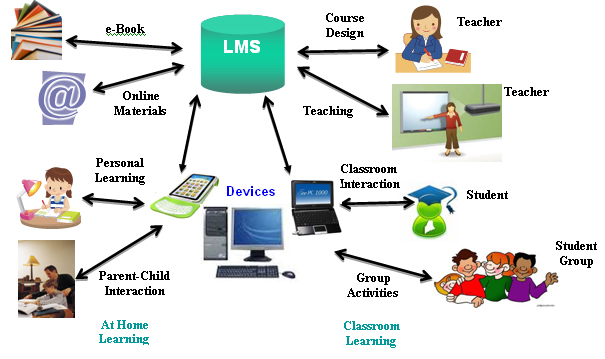Picking the most effective Understanding Monitoring System for Your Company
Choosing the optimal Understanding Management System (LMS) for your organization is a multifaceted decision that requires careful factor to consider of different components. From defining exact understanding goals that reverberate with your calculated vision to reviewing user experience, each element plays an essential role in the general performance of the system. Furthermore, recognizing combination capacities and making certain scalability for future demands can not be ignored. As organizations aim for performance and development, the option of an LMS comes to be significantly substantial. What are the vital factors to consider that can influence your decision-making process?
Specify Your Knowing Purposes
Specifying clear understanding purposes is necessary for the effective execution of a Knowing Administration System (LMS) These purposes offer as a roadmap, guiding the growth of content, analyses, and overall training strategies within the LMS. By establishing specific, measurable, achievable, relevant, and time-bound (SMART) goals, organizations can ensure that the understanding experiences are aligned with their tactical goals and student needs.
Reliable discovering goals need to envelop what learners are expected to recognize or have the ability to do upon completion of a program or training program. This clearness not just help in web content creation however also facilitates the analysis of student development and the total performance of the LMS. LMS SG. Distinct goals enable stakeholders to evaluate whether the picked LMS capabilities and features align with their instructional objectives.
Assess User Experience
Once learning purposes have actually been established, examining individual experience comes to be an essential next action in picking a proper Learning Monitoring System (LMS) Customer experience encompasses the overall satisfaction and convenience with which students engage with the system. A well-designed LMS should facilitate user-friendly navigation, making sure that customers can situate courses, products, and support easily.
To analyze customer experience, consider conducting use screening with a depictive sample of end-users. Key aspects to review consist of the LMS's user interface style, access functions, mobile compatibility, and the clarity of directions offered.
Additionally, evaluate the schedule of support sources, such as tutorials and assistance centers, which can improve the customer experience. The responsiveness of customer support is likewise critical; prompt support can significantly reduce aggravations that customers might experience. Ultimately, choosing an LMS that focuses on individual experience not only improves the learning procedure but likewise fosters greater interaction and fulfillment amongst learners.

Evaluate Assimilation Capabilities
Identifying the significance of seamless capability, reviewing combination capabilities is essential when choosing a Learning Management System (LMS) An efficient LMS should assist in interoperability with existing systems, such as Personnel Administration Systems (HRMS), Consumer Partnership Management (CRM) platforms, and various other educational devices. This assimilation boosts information flow, decreases management problems, and makes sure a cohesive discovering atmosphere.
When assessing an LMS, think about the kinds of integrations provided. Try To Find Application Programming User Interfaces (APIs), Solitary Sign-On (SSO) abilities, and pre-built connectors that improve combination procedures. Furthermore, verify the LMS's capability to incorporate with third-party tools, such as material libraries or assessment systems, which can dramatically enrich the understanding experience.

Consider Scalability and Versatility
As companies advance, the capability of a Knowing Management System (LMS) to scale and adapt becomes progressively essential. A scalable LMS can suit development in customer numbers, training course offerings, and content without jeopardizing performance or individual experience. As companies broaden, whether through enhanced employees, additional resources brand-new locations, or varied training demands, the LMS needs to effortlessly expand along with these changes.
Flexibility is equally necessary; an effective LMS should sustain various finding out methods, such as online, blended, and mobile knowing. This adaptability allows organizations to respond promptly to emerging patterns in training and development, guaranteeing that they can supply appropriate and interesting knowing experiences - Canvas Singapore. Additionally, the system needs to supply customizable features, allowing organizations to customize the LMS to their details requirements and additional info branding
Furthermore, an adaptable LMS ought to incorporate conveniently with existing devices and platforms, assisting in a cohesive learning ecological community. Therefore, when picking an LMS, it is important to evaluate not just its existing capabilities yet also its potential to expand and adjust in alignment with the company's tactical objectives and evolving learning demands. This foresight can dramatically boost the lasting stability of the chosen LMS.
Evaluation Prices and Budgeting
When assessing a Discovering Management System (LMS), evaluating costs and budgeting is important to make certain that the financial investment straightens with the company's economic capabilities and critical purposes. Organizations should begin by recognizing the total cost of ownership, that includes licensing charges, implementation expenses, maintenance, and any additional expenses such as training and technological support.
It is vital to compare different LMS alternatives, as prices designs can vary dramatically among vendors. Some systems might use a subscription-based version, while others may charge a single charge. Organizations ought to also think about the scalability of the LMS; as they grow, the expense framework may alter, influencing long-term budgeting.

Verdict
Choosing a suitable Understanding Monitoring System (LMS) is important for attaining business knowing purposes. A thorough evaluation of individual experience, assimilation capacities, scalability, and financial considerations makes certain that the chosen LMS lines up with calculated objectives and learner demands. By methodically attending to these elements, companies can enhance discovering end results, facilitate seamless procedures, and assistance future development. Inevitably, the best LMS functions as an essential tool in promoting an efficient investigate this site learning environment and driving business success.
Choosing the ideal Knowing Management System (LMS) for your company is a complex choice that requires cautious consideration of numerous components.Defining clear knowing objectives is crucial for the successful execution of a Discovering Management System (LMS)Once finding out goals have been established, reviewing customer experience ends up being an essential following action in selecting an ideal Learning Management System (LMS)As companies advance, the capability of a Learning Administration System (LMS) to scale and adjust becomes significantly crucial.Choosing a proper Learning Management System (LMS) is essential for accomplishing business understanding objectives.